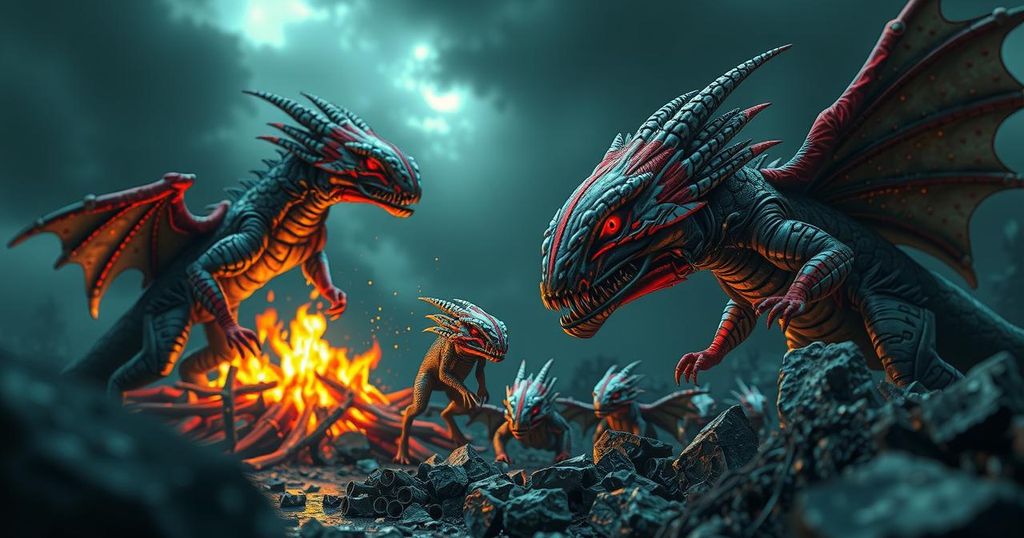Navigating Existential Fears Through Horror: Insights from Neil Vora, MD

Neil Vora, MD, reflects on the significance of horror narratives, particularly those involving zombies and vampires, in navigating anxieties about public health crises and climate change. He shares insights from his extensive experience as an epidemiologist at the CDC, highlighting how these stories mirror societal fears while advocating for a hopeful outlook on humanity’s ability to confront and surmount challenges. Dr. Vora emphasizes the importance of balancing fear with resilience to catalyze positive societal change.
In the wake of pandemics and climatic crises, storytelling, particularly in the horror genre, has emerged as an essential coping mechanism. Neil Vora, MD, explores how narratives about zombies and vampires—emblems of societal fears regarding infectious diseases and existential threats—help individuals confront their anxieties about modern disasters. Since joining the Epidemic Intelligence Service at the CDC in 2012, Dr. Vora has been at the forefront of significant public health challenges, including managing Ebola outbreaks and overseeing COVID-19 response efforts in New York City. He posits that horror cinema allows for critical exploration of real-world issues while providing a safe space for emotional expression. Dr. Vora reflects on the connections between historical fears surrounding diseases such as rabies and tuberculosis and contemporary zombie narratives, suggesting that these fictional nightmares serve as reflections of our collective trauma. However, he cautions that an uncritical consumption of such content can lead to defeatism, advocating instead for a balanced engagement that recognizes human resilience and ingenuity. He emphasizes that humanity has historically overcome severe crises and that optimism, supported by advances in medicine and technology, is essential as we navigate the present and future challenges. Ultimately, the intersection of horror fiction and public health provides a platform for exploring fears while simultaneously fostering hope and encouraging action against existential threats.
The horror genre provides a unique lens through which individuals can explore societal anxieties, particularly those surrounding public health crises such as pandemics and climate change. Neil Vora, MD, draws on his extensive experience as an epidemiologist to contextualize the themes of fear and resilience found in zombie and vampire narratives within the framework of modern scientific challenges. By analyzing these themes, Dr. Vora aims to emphasize the importance of a hopeful perspective in the face of distressing realities, advocating for an acknowledgment of human ingenuity and capacity for overcoming significant threats.
In conclusion, Neil Vora, MD, articulates the need for horror storytelling to serve as both a mirror of societal fears and a source of inspiration for overcoming adversity. While confronting the realities of public health and environmental crises, it is crucial to balance the fears these narratives evoke with recognition of humanity’s innovative spirit. Moving forward, fostering hope and a proactive stance toward addressing challenges will be essential for safeguarding the future amidst unprecedented threats.
Original Source: atmos.earth







